I got a call from a client about changes to HMDA, specifically if these changes affected him as a Broker only. Usually Brokers left this function up to their lenders because the lenders made the credit decision.
There are some new rules going into effect. The new rule eliminated the asset test for lenders. Whereas in the past some lenders may have been excluded from having to file because their assets were smaller, that’s no longer the case. There are some other major changes coming in 2017.
The language I saw said if Lenders made the lending decision on at least 25 loans that closed in the last year then they had to file. This is a significantly lower threshold than the current 2016 level of 100 closed loans. But then the CFPB chimed in.
The CFPB published a warning sent to 44 “Brokers and Lenders“. The CFPB uses the word “Brokers”. Why did they say “Brokers”?
So here is what I found, the rule the CFPB pointed to does not talk about the lending decision. It specifically mentions originating home purchase loans. This is taken from the CFPB letter.
Annually, a for-profit mortgage-lending institution other than a bank, savings association, or credit union, must collect, record, and report data identified in HMDA and Regulation C to the appropriate Federal agency when: (i) in the preceding calendar year, it either: (A) originated home purchase loans, including refinancings of home purchase loans, that equaled at least 10 percent of its loan-origination volume, measured in dollars; or (B) originated home purchase loans, including refinancings of home purchase loans, that equaled at least $25 million; and (ii) on the preceding December 31, it had a home or branch office in a Metropolitan Statistical Area (MSA); and (iii) it either: (A) on the preceding December 31, had total assets of more than $10 million, counting the assets of any parent corporation; or (B) in the preceding calendar year, originated at least 100 home purchase loans, including refinancings of home purchase loans. 12 C.F.R. §§ 1003.2, 1003.4, 1003.5.
Guys, I think you better crank up your HMDA data collection effective January. You could always argue with the CFPB that all you did was take an application, but the attached agency chart quickly makes that a mute point. 2016-hmda-reporting-criteria-102716
Notice how it says “receive applications, originate, or purchase”? Broad.
I will dig into this a little deeper, but for now, prepare as if you will have to report.
Nelson A. Locke, Esq.
(800) 656-4584
